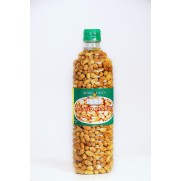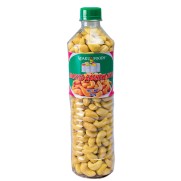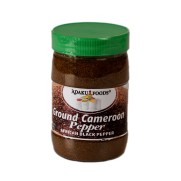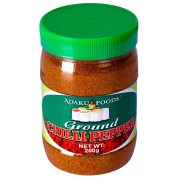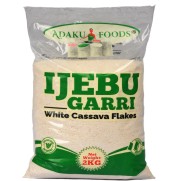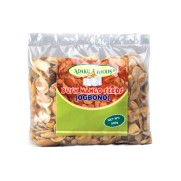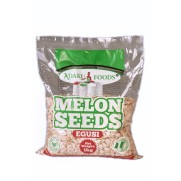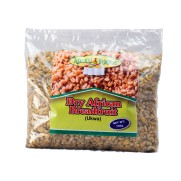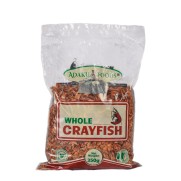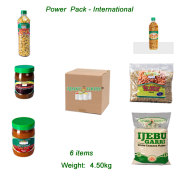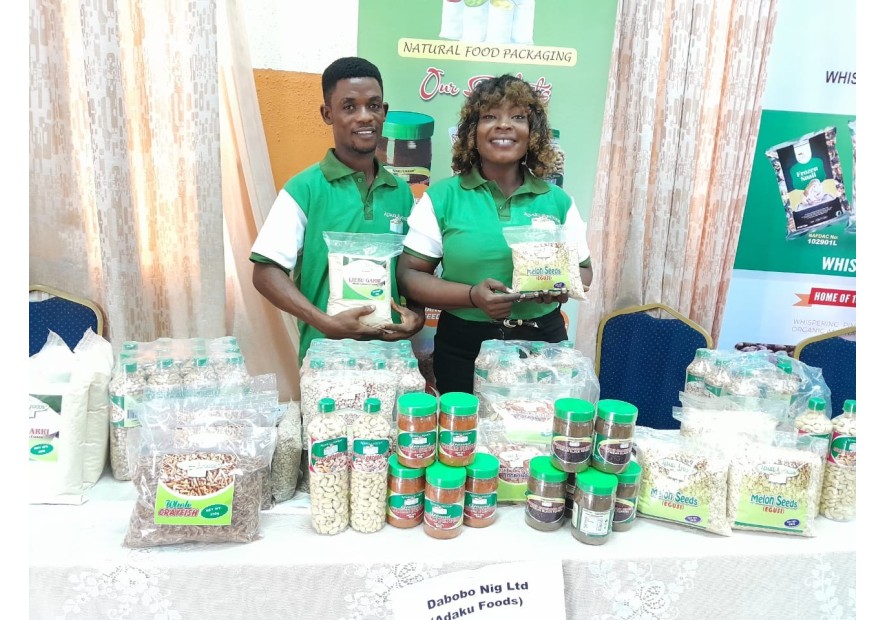Melon Seels known traditionally as Egusi are highly nutritious foods eaten in West Africa
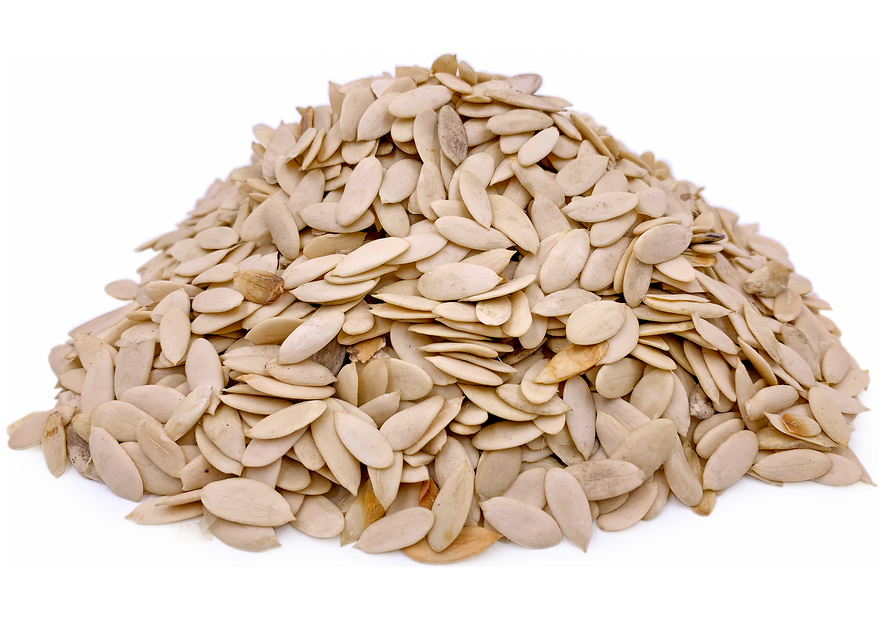
This egusi otherwise known as melon seed is primarily consumed by the people of West Africa, however different tribes might have the unique name it is called, for example the Igbo people in Nigeria call it "egusi”, the Yoruba’s call it "egusi" and the Hausa call "agushi”, in English it is known as " manns cucumeropsis" and white-seed melon in which the melon seed is the most popular name that various tribes can relate to and understand. This Egusi seed is de-hulled, then dried and grounded which usually looks creamy in color and has a flour like texture, this is mostly used to thicken soups and it is also known to have a 78% unsaturated fatty acids, which are the healthier type of fat.
It is also interesting to know that this crop "egusi" is not only used as cuisine by the West Africans, studies have shown that it is also used as an offering to several deity or gods " in ifa religion in Nigeria beyond and the bitter fish of the fruits are sometimes included in a concoction or local herbal drinks popularly called Agbo in Yoruba culture for treatment of various ailments or for general wellness.
Egusi seeds are cholesterol -free and rich in essential fatty acids, anti oxidants and mineral and possess medicinal nutritional benefits. People in Asia and Middle East use egusi plants, fruits seeds to treat a variety of conditions like intestinal disorders, bacterial infection, jaundice, asthma and diabetes.
Studies have shown that a 100gram of West African egusi contains the following nutrients:
· 593 calories
· Carbohydrate 11.3g
· Fat 47.6g
· Protein 27.5g
· Fiber 3.2g
· Calcium 16% of RNi
· Iron 42% of RNi
· Zinc 75% RNi
· Phosphorus 157%
· Potassium 18.5%
In addition Egusi seeds are rich in Vitamin , which is a important for forming and maintaining healthy bones and are also high in Vitamins B1 and B2, which are both important for growth and production of red blood cells. Egusi contains a high amount of fatty acids which are unsaturated and this makes it beneficial for the heart as it helps in reducing the chances of heart diseases by constantly reducing the blood cholesterols which are known to be bad for the heart.
Egusi is native to Western African and can grow in various types of climates dry, humid and tropical, egusi is naturally resilient to pests, diseases and can greatly improve soil quality.

